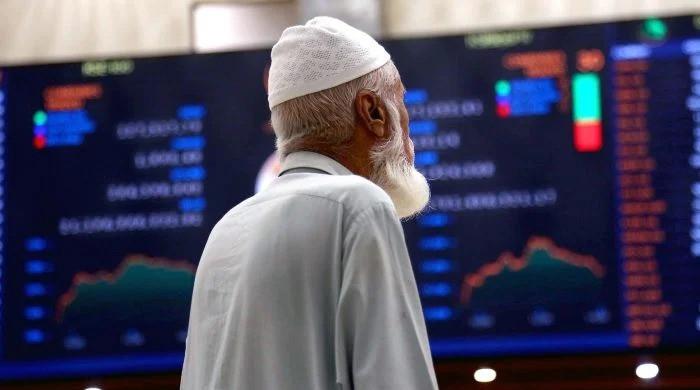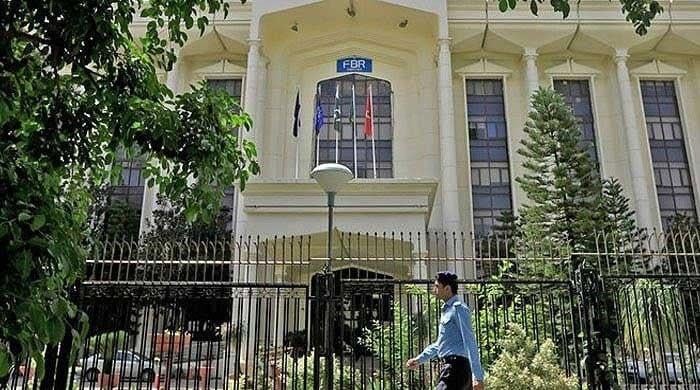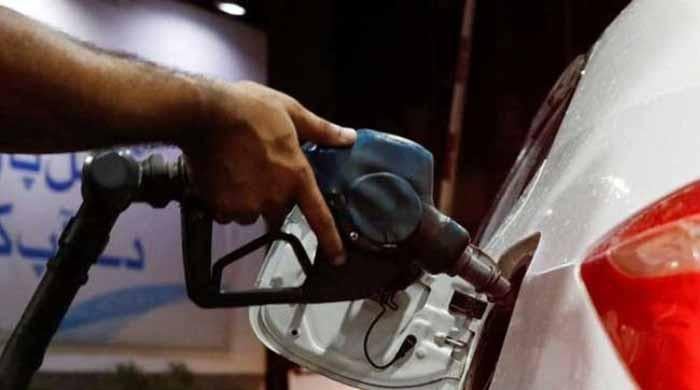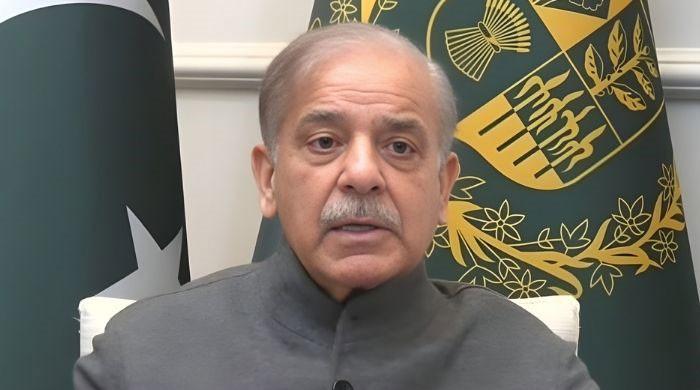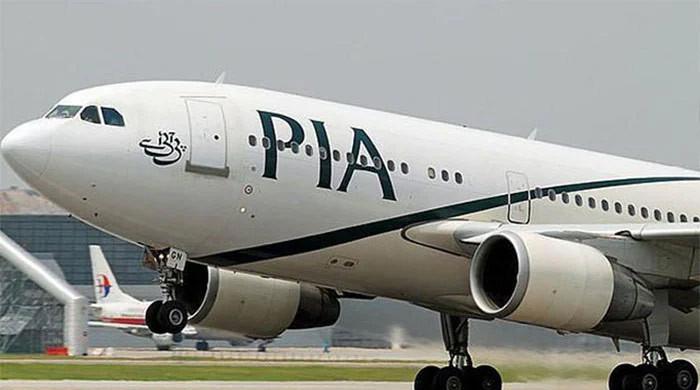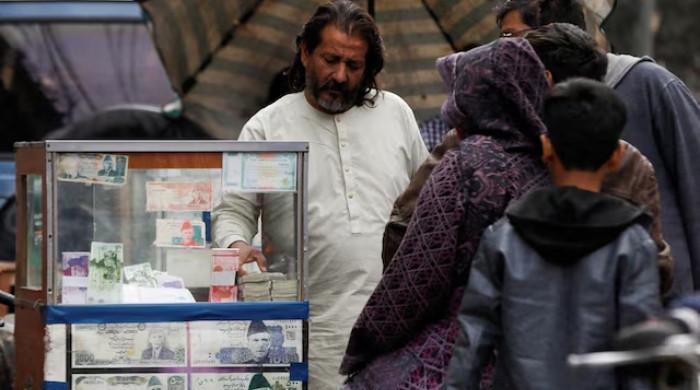Govt withdraws plea against Shariat Court's decision on interest-free banking
State Bank of Pakistan files CMA to withdraw the instant appeal filed against judgement of Shariat Court.
November 13, 2022
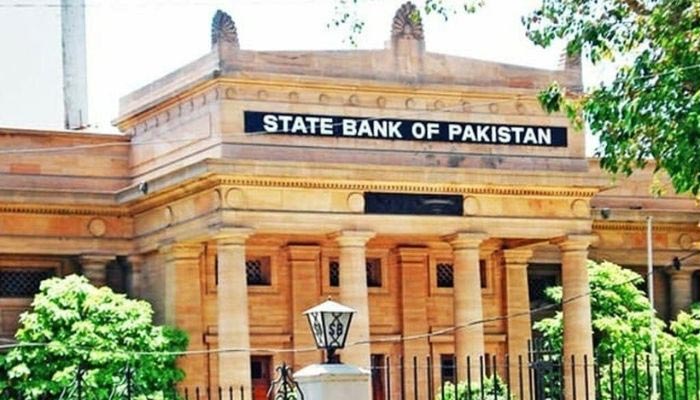
- C ivil miscellaneous application filed on SBP's behalf to withdraw plea filed against Shariat Court's verdict.
- SBP says committed to ensuring compliance with injunctions of Islam about interest.
- It is also taking measures to bring legal infrastructure into compliance with Shariah principles.
ISLAMABAD: The federal government withdrew its petition against Federal Shariat Court's decision seeking the government to transform the banking system into Shariah-compliant banking, The News reported Sunday.
Lawyer Salman Akram Raja, on behalf of the State Bank of Pakistan, filed a civil miscellaneous application (CMA) in the Supreme Court to withdraw the instant appeal filed against the judgement of the Federal Shariat Court, The News reported.
On June 25, the State Bank of Pakistan (SBP) had challenged in the Supreme Court the decision of Federal Shariat Court of April 28.
As respondents, the SBP named Dr Mahmoodur Rehman Faisal, Chairman of the Tehreek-e-Enqilab Islam, the Ministry of Law and Justice, the Ministry of Finance, the Banking Council of Pakistan through its chairman, Karachi (now defunct), and the Attorney-General of Pakistan.
In its appeal, the central bank appreciated the spirit and the intent that led to the substantive provisions of the judgement delivered by the Sharia Court on April 28. However, it sought clarification as there were certain discrepancies in the judgement.
The SBP submitted that, as the premier custodian and regulator of the financial and monetary framework of the Islamic Republic of Pakistan, it is deeply committed to ensuring compliance with the injunctions of Islam about interest (riba) while protecting the stability and security of the financial sector of the country that functions as part of the global financial system.
“The appellant can, with considerable justification, take pride in the furtherance of the Islamic banking sector in Pakistan as a critical and growing part of the financial sector as a whole,” the SBP submitted, adding that these efforts are noted by the Federal Shariat Court in its judgment of April 28, 2022, in paragraphs 82 to 88.
It further submitted that a gradual approach to transforming the banking system into Shariah-compliant banking was adopted at the start of this millennium, wherein both the Islamic and conventional banks were allowed to operate simultaneously in the country.
This approach has proved successful, and the Islamic banks now account for 19.4% of the country’s overall banking system in terms of assets, while in terms of deposits, the share is 20% (as of March 31, 2022).
Currently, 22 Islamic Banking Institutions (IBIs) (five full-fledged Islamic banks and 17 conventional banks having standalone Islamic banking branches) with a branch network of 3,983 associates and 1,418 Islamic banking windows (Islamic banking counters at traditional branches) are operational across the country, the SBP said.
The SBP has also been taking measures to bring the legal and regulatory infrastructure into compliance with Shariah principles.
It recalled that the SBP is among the few regulators in the world that have introduced a comprehensive legal, regulatory, and Shariah-compliant framework for Islamic banking, adding that details of the progress already made and the strategic plan for the future are contained in the document titled “Strategic Plan for Islamic Banking Industry 2021–2025.”




